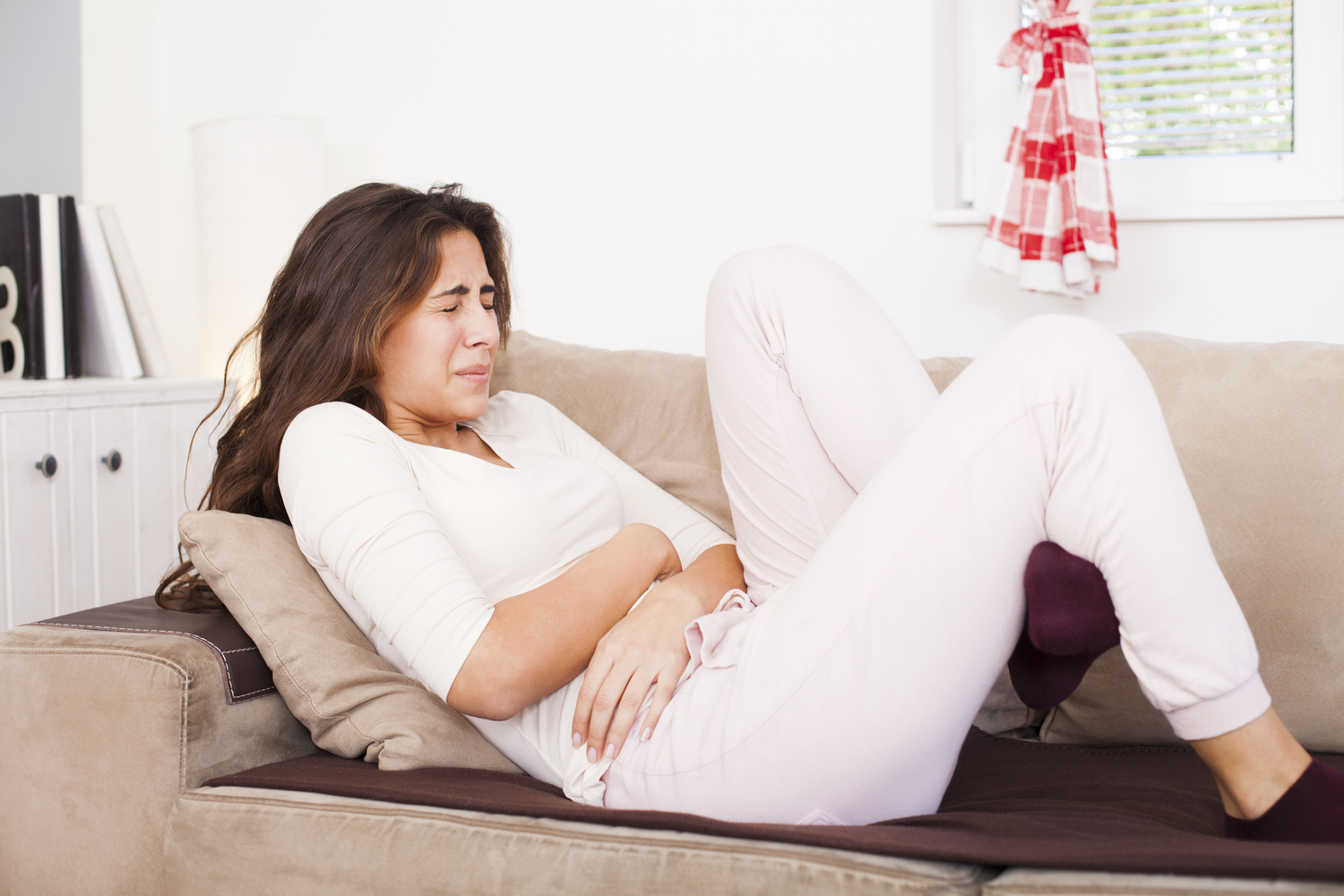Dealing With Black Stools
Dealing with black stools
Black stools refer to stools that are dark red or black in color. They are often associated with a gastrointestinal disorder but may not always be a cause for major concern. In many cases, black stools could simply be caused due to eating food of a different color, such as a pack of Oreo.

Let’s look at what you need to know about black stool symptoms, its causes, and the treatment options.
What are some medical causes of black stools?
- Bleeding in the upper part of the digestive system results in blood in the stools, leading to black stools
- Ulcers in the stomach or esophagus
- Bowel ischemia (restricted blood flow to the intestines)
- Hemorrhoids
- Inflammatory bowel diseases such as Crohn’s disease and ulcerative colitis may also lead to black stools
What food may cause black stools?
Black stools may be caused due to the consumption of certain food items and supplements. Some of these include the following:
- Black licorice
- Blueberries
- Beetroot
- Red-colored gelatin sweets
- Dark chocolate cookies and biscuits
- A long-term consumption of iron supplements
If black stools are caused by the consumption of food or food coloring, there are no other accompanying symptoms.
Which are some of the common black stool symptoms?
Apart from the color of the stools, other symptoms might show up depending on the underlying cause of black stools. Thus, the symptoms may vary from person to person.
- Patients usually experience abdominal pain and swelling.
- In many cases, the stools may be excessively foul smelling.
- Other common black stool symptoms include rectal pain, diarrhea, indigestion, nausea and vomiting, a loss of appetite, and flatulence.
- Some patients also suffer from fever and sudden weight loss.
Are there any severe black stool symptoms?
Yes, some symptoms that accompany black stools may indicate a life-threatening situation. These include the following:
- Palpitation
- Dizziness
- Confusion and delirium
- A rigid abdomen
- Shortness of breath
- High fever
- A choking sensation
- Some patients might even vomit blood
If any of these symptoms occur with black stools, call 911 for immediate medical assistance.
When should you consult a doctor?
- If black stools last only for a day or two and are not accompanied by any other symptoms of pain or discomfort, there is no need to worry. It might just be the result of the food consumed.
- If the stools are accompanied by symptoms that include pain, cramping, vomiting, and dizziness, do consult a doctor immediately.
- Keep an eye for blood in the stools. This is an urgent symptom of something wrong in the digestive system and needs medical intervention. Do not try to ignore it or treat it with over-the-counter prescriptions.
What tests are involved in the diagnosis of black stools?
- The doctor will advise certain blood tests and require a stool sample to be sent for lab evaluation.
- If required, the patient may also be sent for X-rays, MRIs, and CT scans. These may reveal any internal issues that are responsible for blood in the stools.
- In some cases, the doctor will recommend a colonoscopy to evaluate any issues with the colon. The patient is sedated before performing this procedure.
What are the treatment options?
- The treatment prescribed depends on the severity of the black stool symptoms as these indicate the cause that needs to be addressed.
- In the case of severe symptoms such as vomiting blood, incessant diarrhea, dizziness, and palpitations, immediate hospitalization is advised.
- If the black stools are caused due to blockages in the intestine, surgery may be advised.
- In most cases, black stools are treated with the help of stool softeners to ease pressure on the rectum as well as antibiotics and antacids to provide relief from any inflammation in the colon.
Are there any changes to be made in the diet while being treated for black stools?
- The treatment for black stools requires supplementation from a diet that is gentle on the digestive system.
- Switch to a high-fiber diet that includes whole grains, fruits, and vegetables.
- Stay hydrated by consuming plenty of water and fresh juice. Avoid aerated beverages.
- Cut down on the consumption of fatty food, fried snacks, and spicy food.
- Avoid smoking and limit alcohol consumption.











